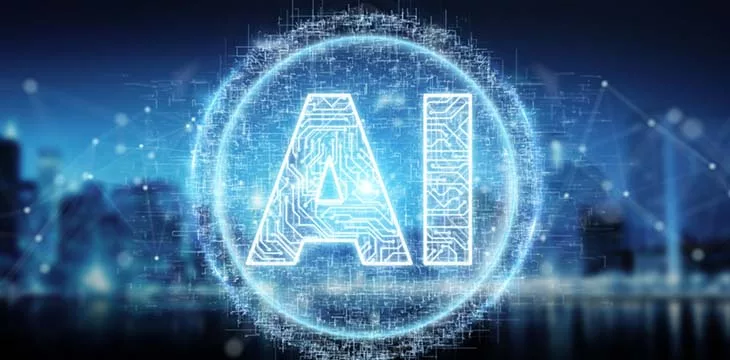|
Getting your Trinity Audio player ready...
|
The U.S. Copyright Office is launching a public consultation seeking direction on the best route to regulate the impact of artificial intelligence (AI) on intellectual property.
In its notice, the Copyright Office said it is keen on obtaining the opinions of AI developers, creatives, and academics before deciding on a regulatory approach. The Office noted that the public consultation is geared toward “obtaining factual information and views” given the increasing adoption of generative AI.
“The adoption and use of generative AI systems by millions of Americans—and the resulting volume of AI-generated material—have sparked widespread debate about what these systems may mean for the copyright system,” read the report.
A community reading of the notice reveals four pressing issues for the Copyright Office involving AI and intellectual property. The first issue deals with using copyrighted materials by AI developers to train their machine learning models, while the second is the right of AI-generated works to be copyrighted.
Per the notice, the Copyright Office is also grappling with the “potential liability for infringing works generated using AI systems.” The agency is also seeking experts’ opinions on the best ways to handle AI-generated works that resemble human artists’ styles.
Under U.S. law, copyrights can only be conferred on works with human creators, but the Copyright Office believes that there could be certain exceptions to the rule regarding AI-generated content.
Participants in the public consultation will be expected to proffer suggestions for the fair use of copyrighted works by AI models if they are subsequently used for commercial activities.
Other questions include determining the value of a copyrighted work, whether or not copyright holders have the right to opt in and out of usage agreements with AI developers, royalty payments, and the establishment of a licensing regime.
“Should Congress consider establishing a compulsory licensing regime? If so, what should such a regime look like,” read the notice.
While the Copyright Office has several ongoing initiatives to gauge public opinion on AI, participants of the latest inquiry are expected to submit their response before October 18.
Copyright storms are already brewing
AI developers are already juggling multiple class action lawsuits over allegations of copyright violations in several jurisdictions. In the U.S., both Meta (NASDAQ: META) and OpenAI have been accused of breaching IP and privacy rules for training their AI products using copyrighted and personal data.
Acutely aware of the threat posed by AI on Web3, finance, music, and art, global regulators are taking the initiative to impose stricter rules on AI firms.
Japan’s Personal Information Protection Commission (PIPC) urged AI developers to reevaluate their data collection methods in training their models, with lawmakers predicting an avalanche of copyright cases in the coming months.
Watch: Understanding the dynamics of blockchain & AI

 07-12-2025
07-12-2025 





